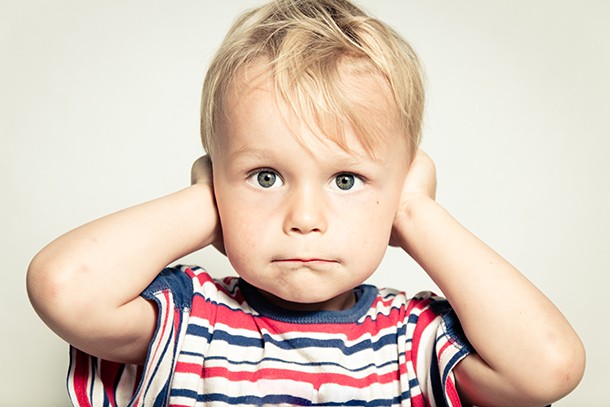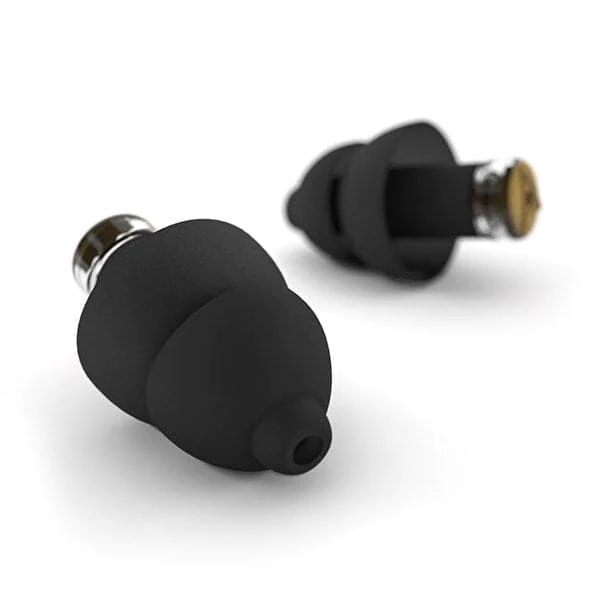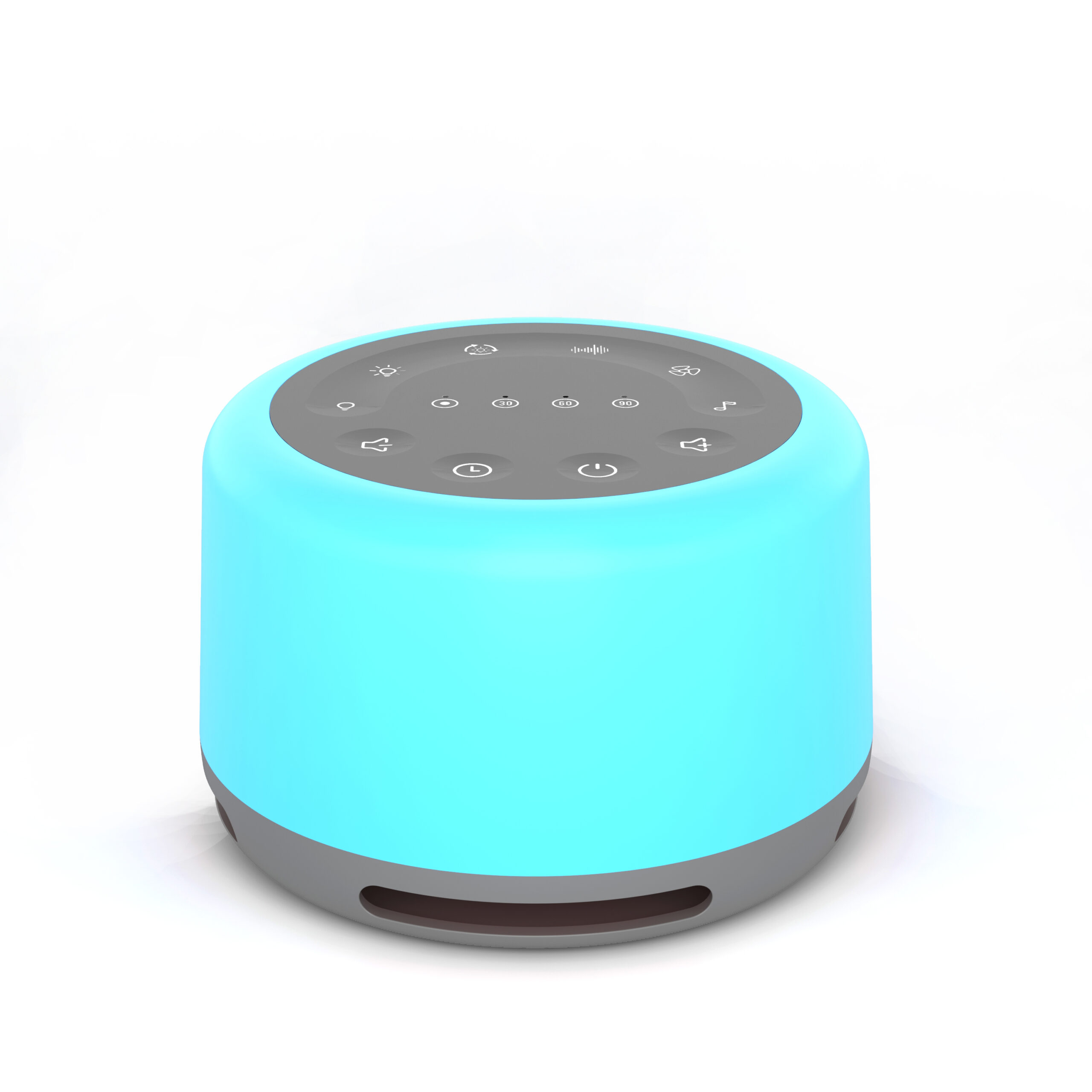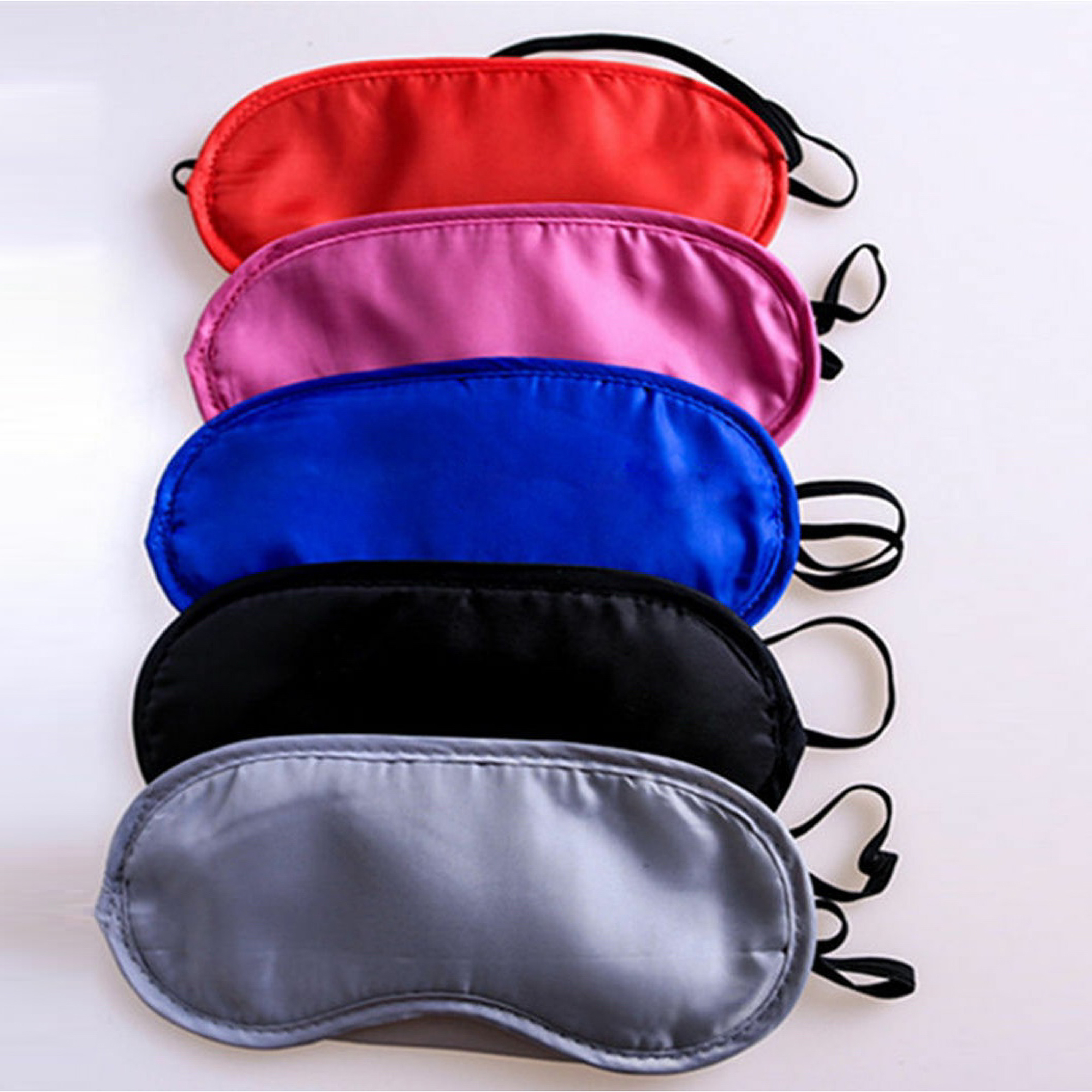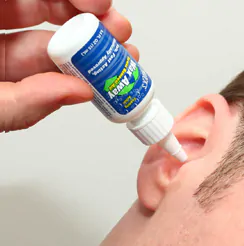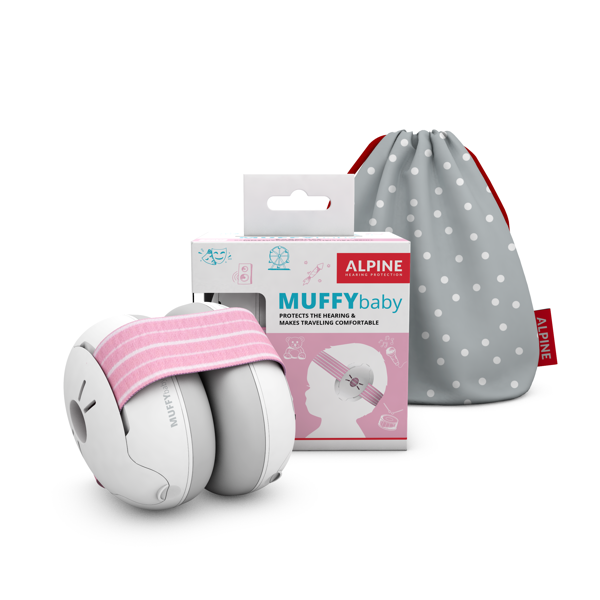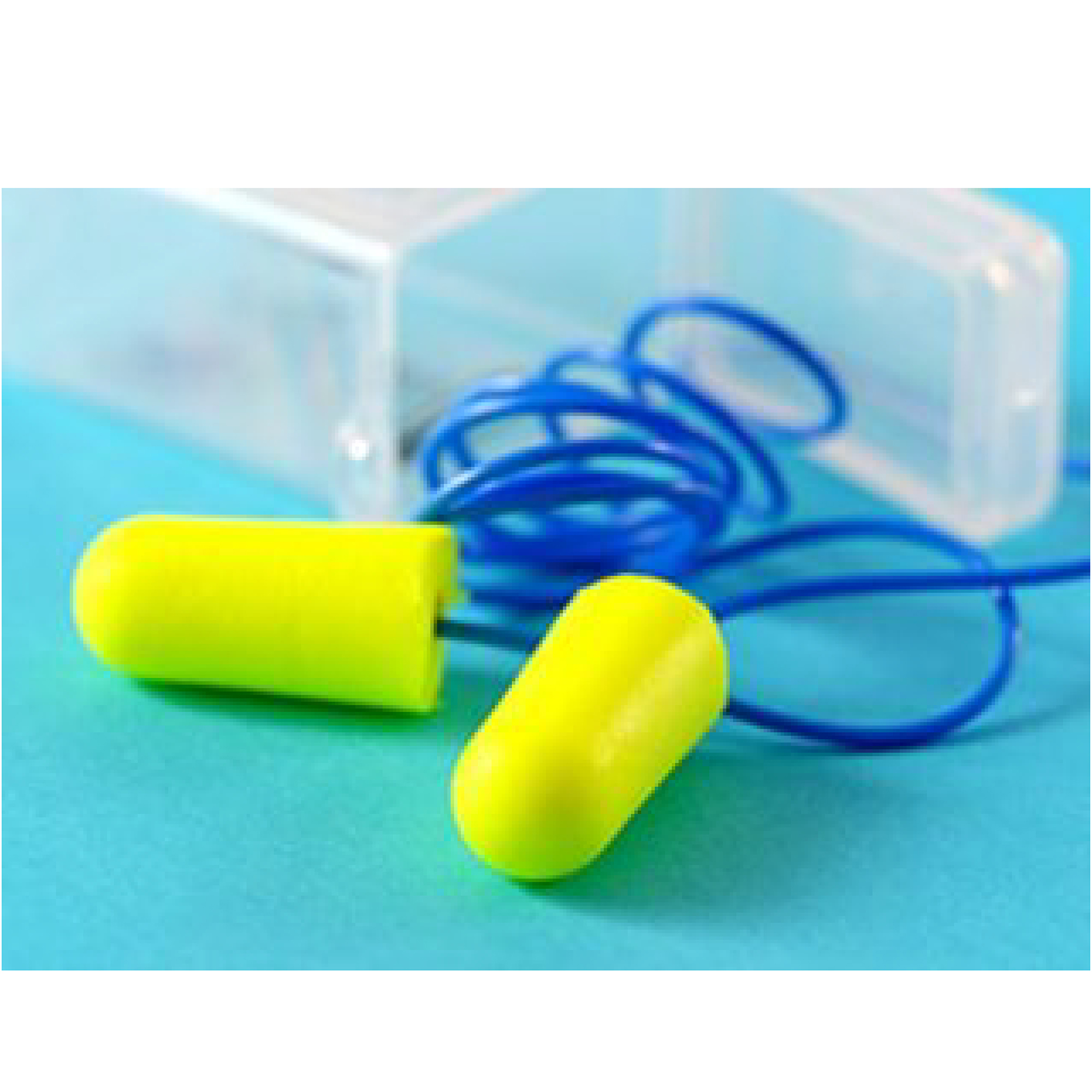Blog
Best Ways to Listen to Music Without Damaging Your Ears
- Daniel Hastings
Table of Contents
As technology continues to immerse us in a symphony of musical experiences, understanding the science behind protecting our ears is paramount. Recent studies shed light on effective strategies for how to protect your ears when Listening to music.
Studies indicate that prolonged exposure to sounds above 85 decibels can lead to hearing damage. Striking a balance between the joy of listening and preserving our long-term hearing health is important to enjoy life.
Learn about technological solutions such as volume-limiting features and noise-cancelling headphones, and introduce practical tips to enjoy music without compromising your ear health.
11 Ways To Protect Your Ears When Listen To Music

Listening to music is a common and enjoyable activity, but it’s important to take precautions to prevent potential damage to your ears. Prolonged exposure to loud sounds, including music, can lead to hearing loss over time. Here are some ways to listen to music without damaging your ears:
1. Use Volume Limiting Features
Employ device and headphone volume-limiting features to ensure a safe listening experience, restricting maximum volume levels and protecting your ears from potential damage over time.
2. Choose Quality Headphones
Invest in high-quality headphones that offer superior sound and noise isolation. Quality headphones enable enjoyable music experiences at lower volumes, safeguarding your ears from potential harm.
3. Follow the 60/60 Rule
Adhere to the 60/60 rule by limiting music volume to 60% of the maximum for no more than 60 minutes. Take breaks to prevent prolonged exposure and minimize the risk of hearing damage.
4. Use Noise-Canceling Headphones
Opt for noise-cancelling headphones to block external sounds, allowing you to listen at lower volumes in noisy environments. This provides a safer listening experience without compromising audio quality.
5. Be Mindful of the Environment
Minimize background noise in your surroundings to avoid the need for higher volume levels. Create a quieter environment, promoting lower volume music enjoyment and protecting your ears.
6. Custom Ear Protection
Consider using custom earplugs or earmuffs in loud environments like concerts. Customized protection reduces overall noise exposure, preserving your hearing health during noisy events.
7. Get Regular Hearing Check-ups
Schedule routine hearing check-ups with professionals to monitor your hearing health. Regular assessments can identify potential issues early, allowing for timely intervention and protection against hearing loss.
8. Take Listening Breaks
Give your ears periodic breaks when using headphones for extended periods. Allow time for your ears to recover from prolonged exposure, reducing the risk of hearing damage over time.
9. Avoid Using Earbuds for Prolonged Periods
Exercise caution with earbuds, as they can deliver sound directly into the ears. Keep volumes lower and take breaks to mitigate potential damage associated with prolonged earbud use.
10. Educate Yourself on Safe Listening Levels
Learn about safe sound exposure levels, with sounds above 85 decibels posing potential harm. Familiarize yourself with common decibel levels to make informed decisions about your listening habits.
11. Consider Plugfones
Explore the use of Plugfones, which combine earplugs with headphones, offering both hearing protection and music enjoyment simultaneously. These are especially useful in noisy environments, providing a dual-function solution for ear safety.
FAQs
How Long Can I Listen To Loud Music?
Sounds at 70 dBA or lower are considered safe for extended listening, and you can enjoy music at this level for as long as you want without risking hearing damage. It’s crucial to maintain a moderate volume to ensure auditory well-being and appreciate your favourite tunes responsibly. Keep in mind that louder volumes may require limited exposure to prevent potential harm to your ears.
Are Earbuds More Damaging Than Over-Ear Headphones?
As earbuds deliver sound directly into the ears, they can potentially cause more harm. It’s advisable to keep volumes lower and take breaks when using earbuds.
Conclusion
Listening to music at work can undoubtedly increase our output and foster a positive environment, but it’s crucial to understand the value of safeguarding our ears when enjoying this aural pleasure.
So, let the tunes play while keeping in mind to listen responsibly so that the symphony of sounds that enhances our lives today can continue to do so in the future.
Contact us any time at in**@***************om.au or call us today at 1300 556 366 for more information or advice on your hearing protection.












